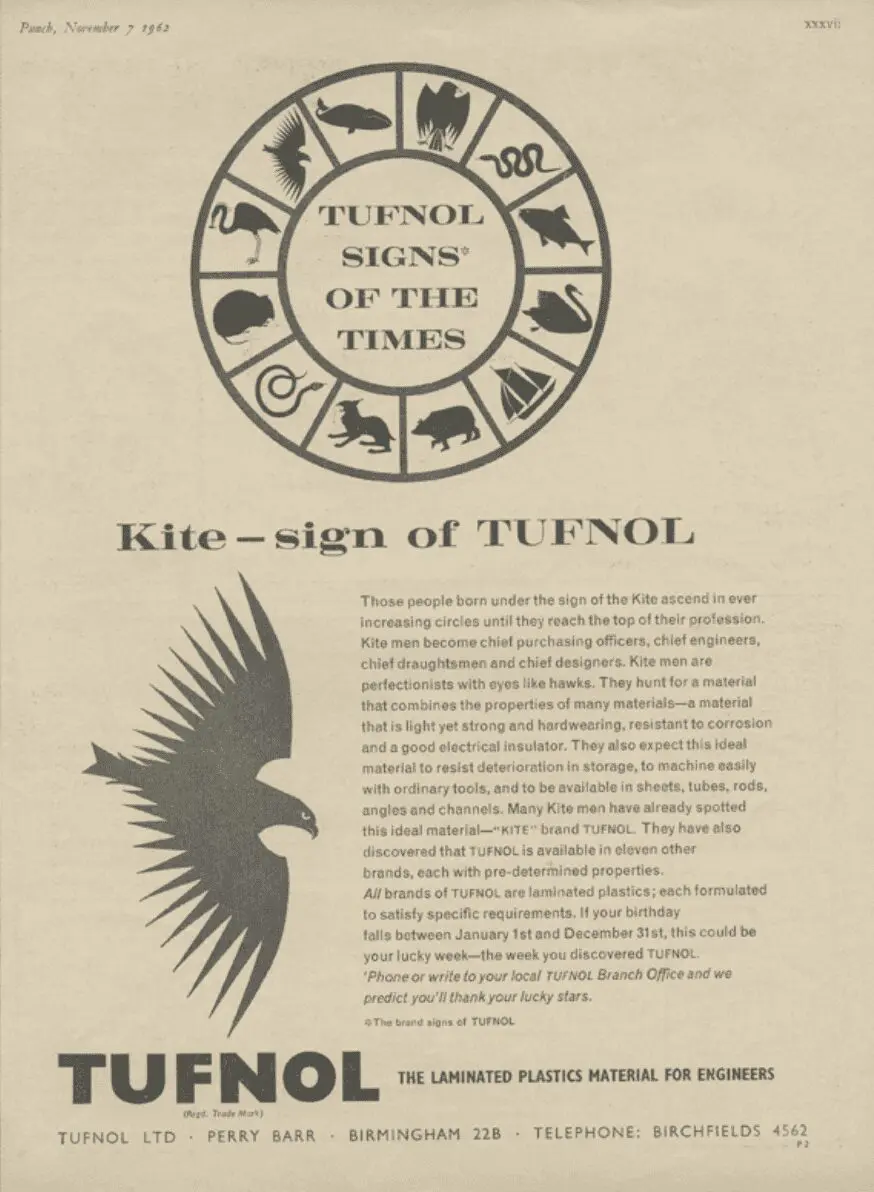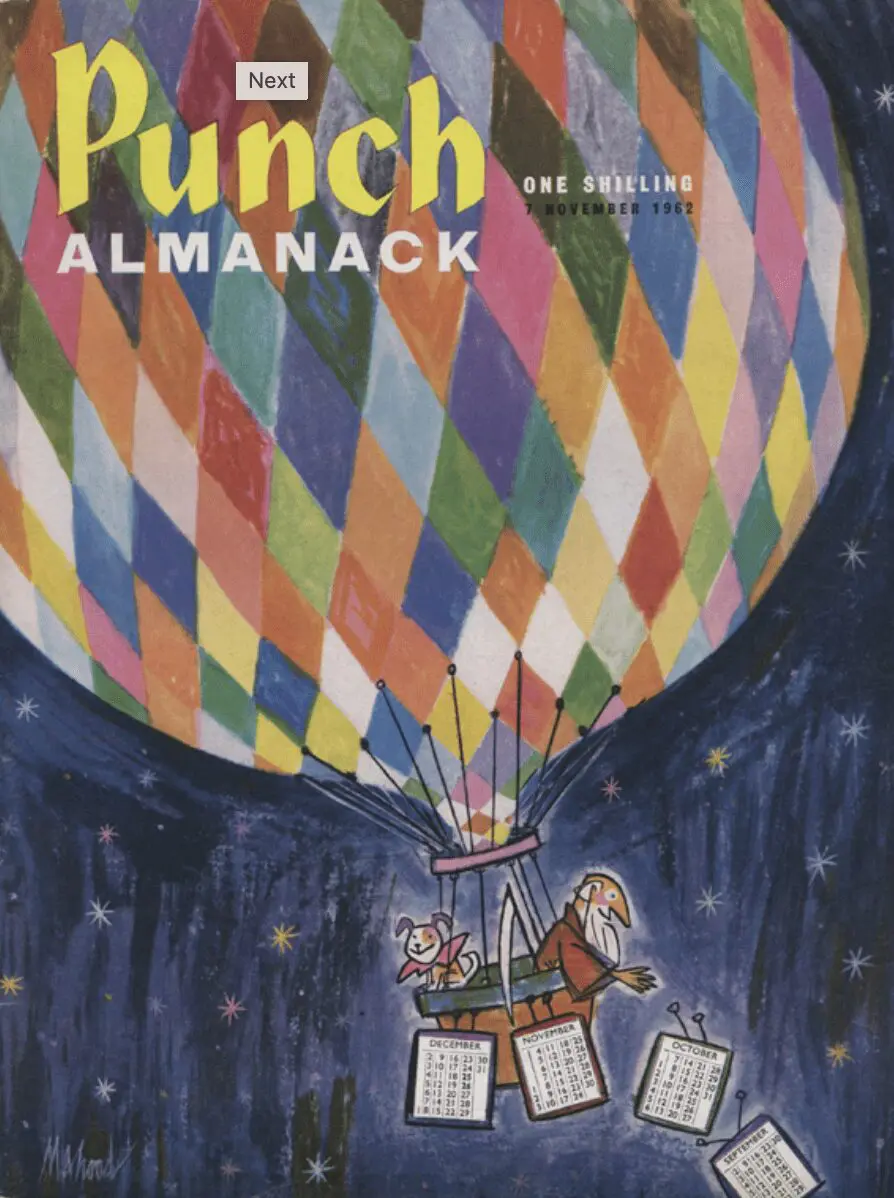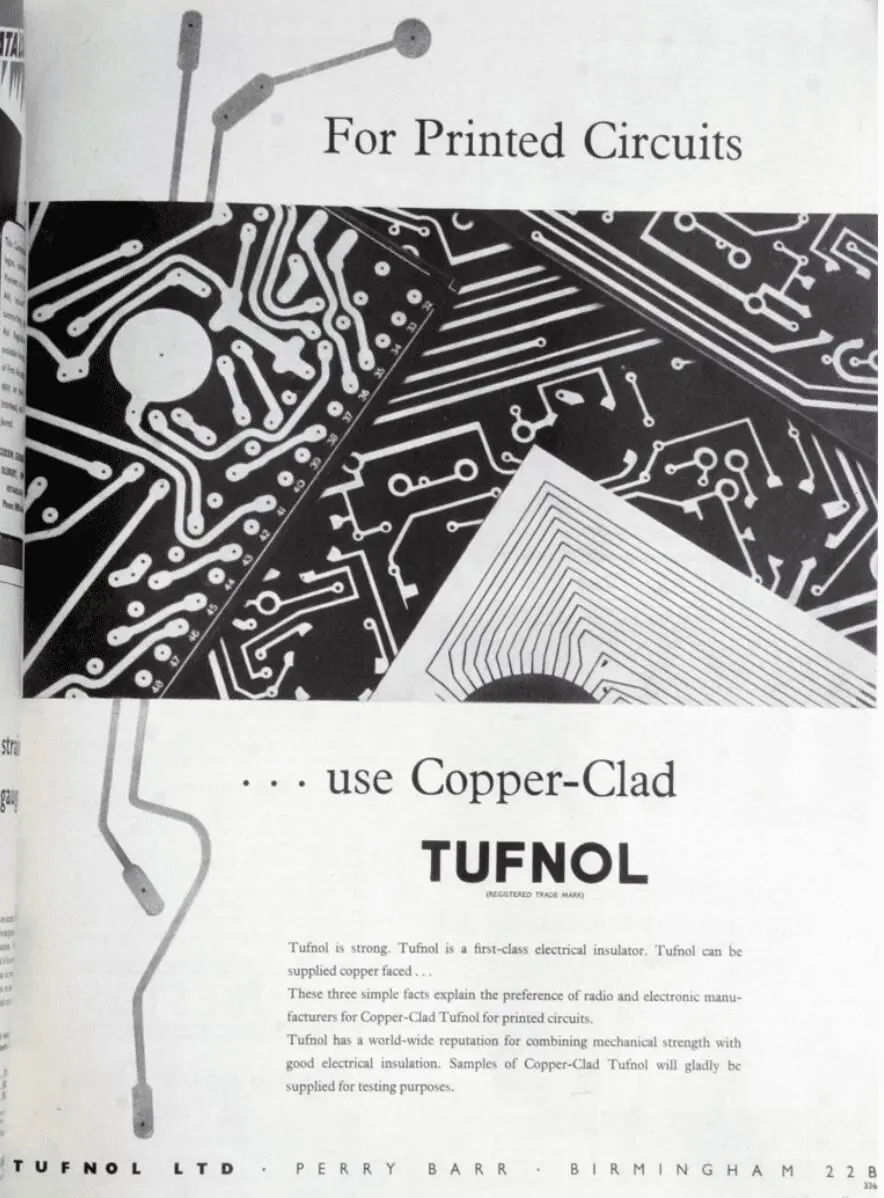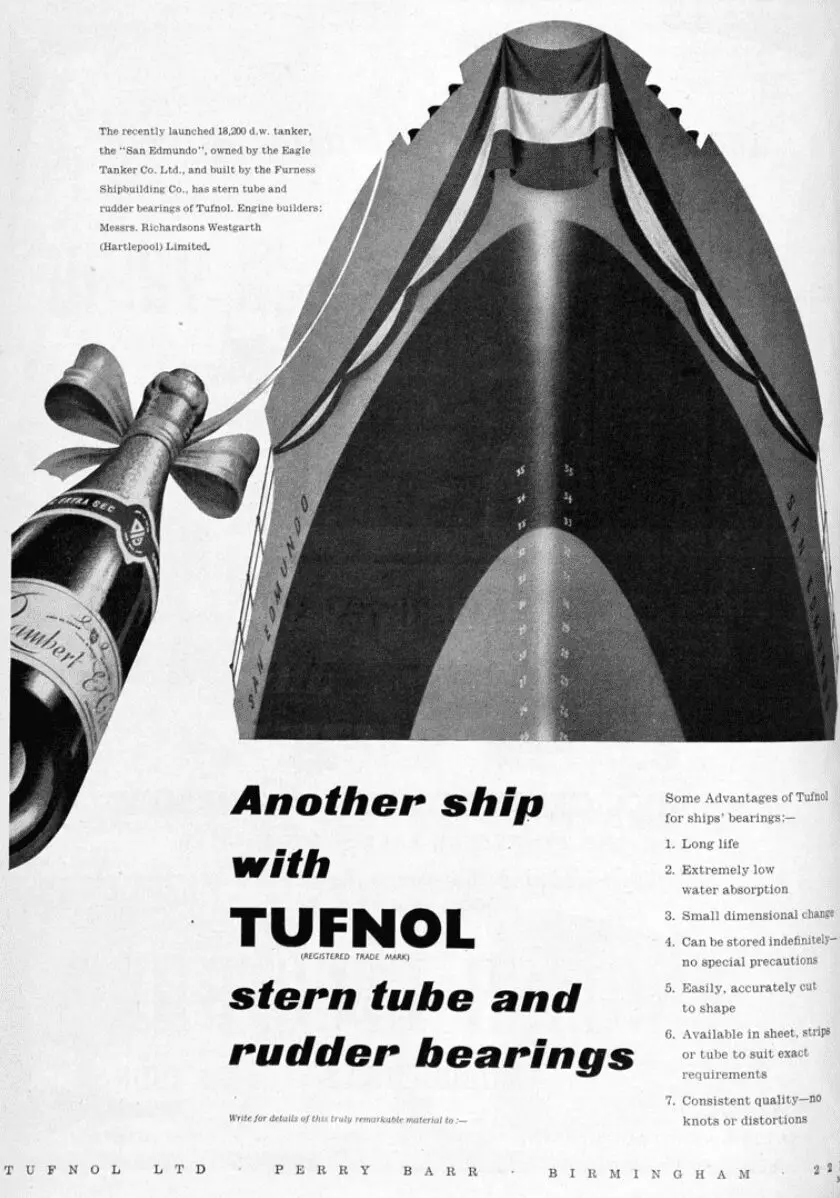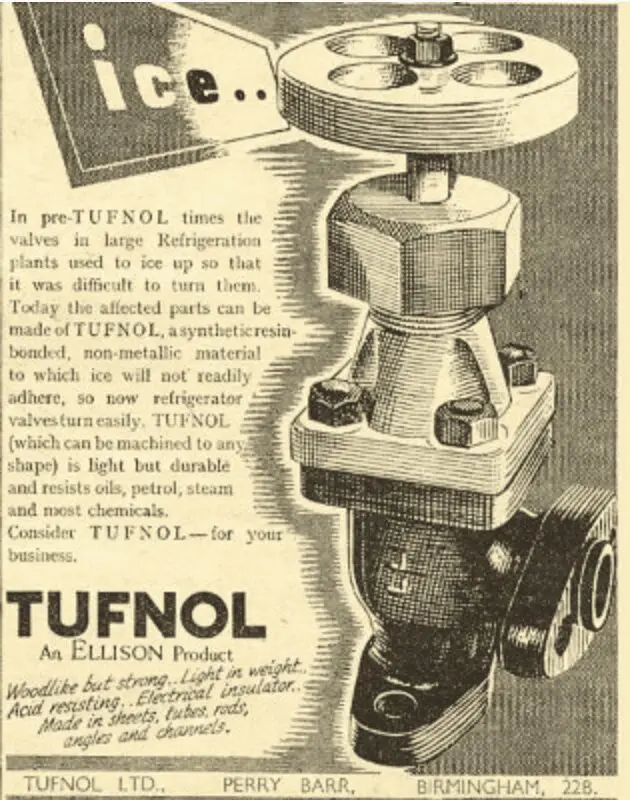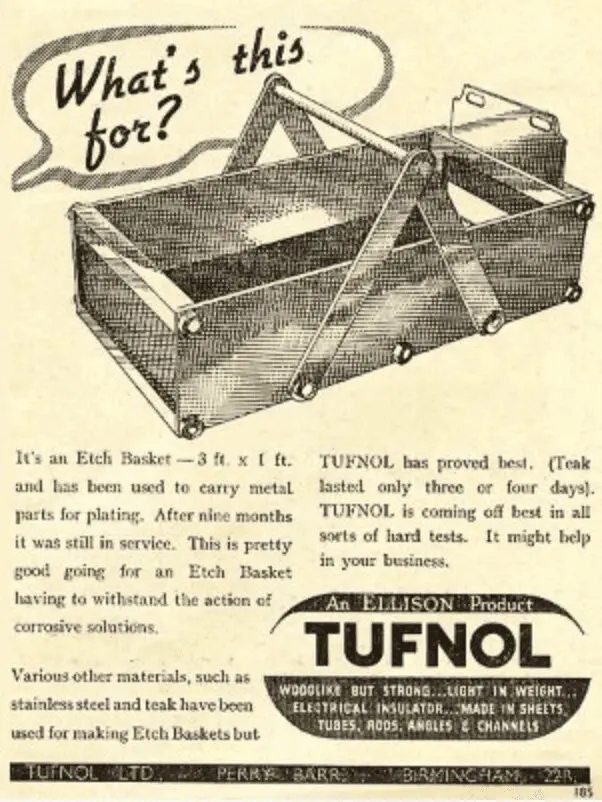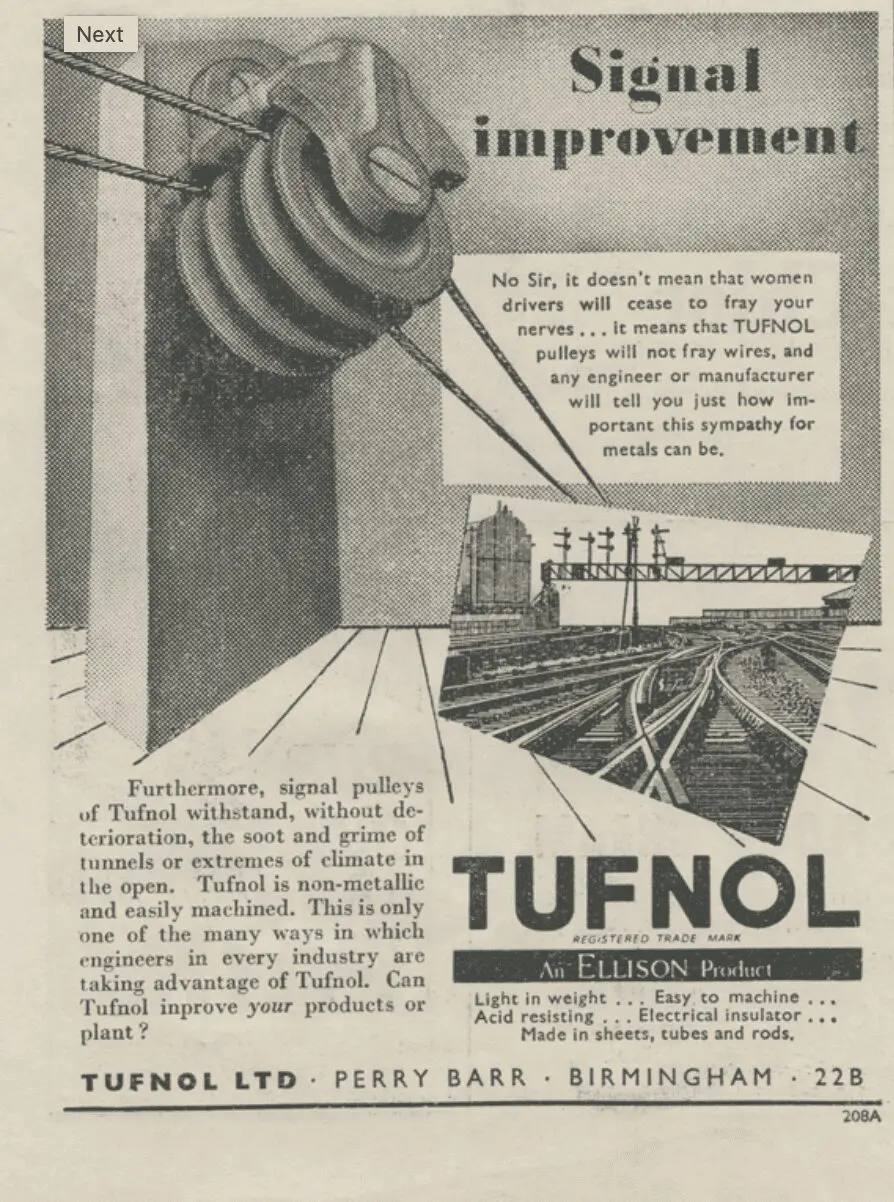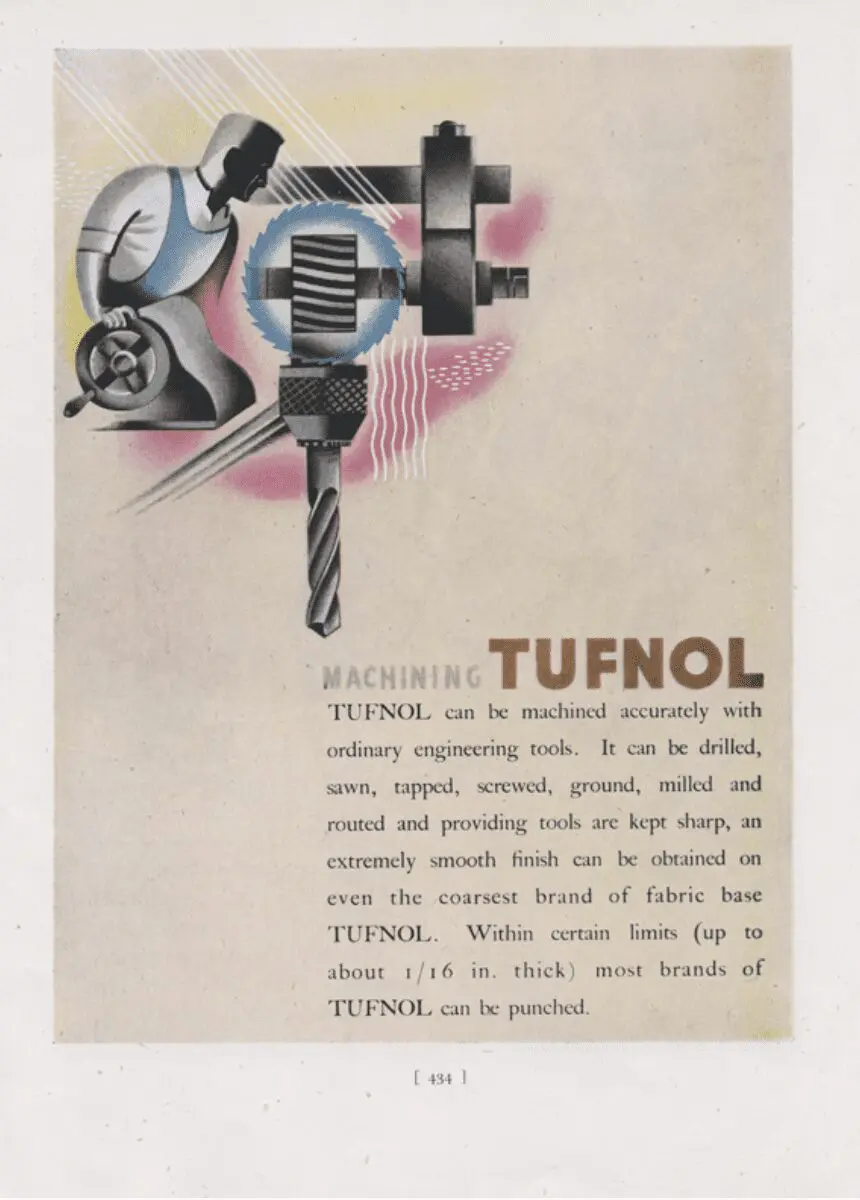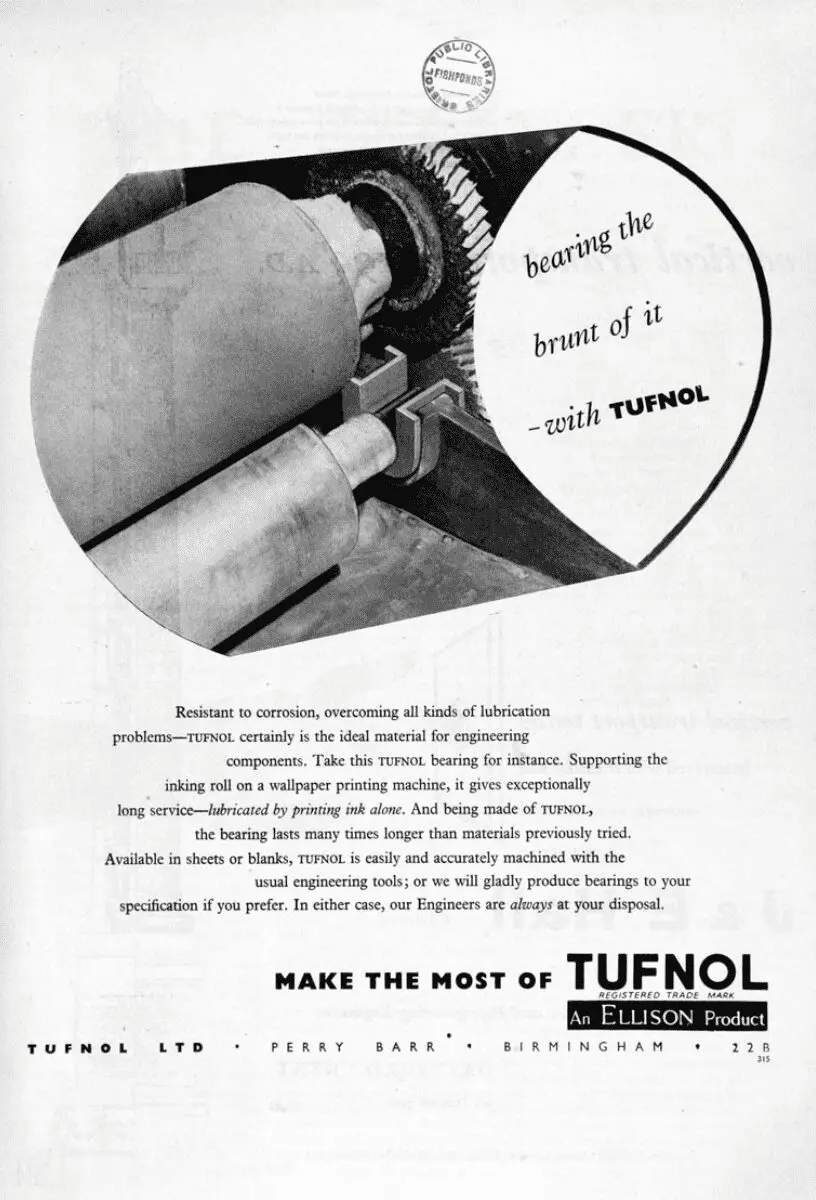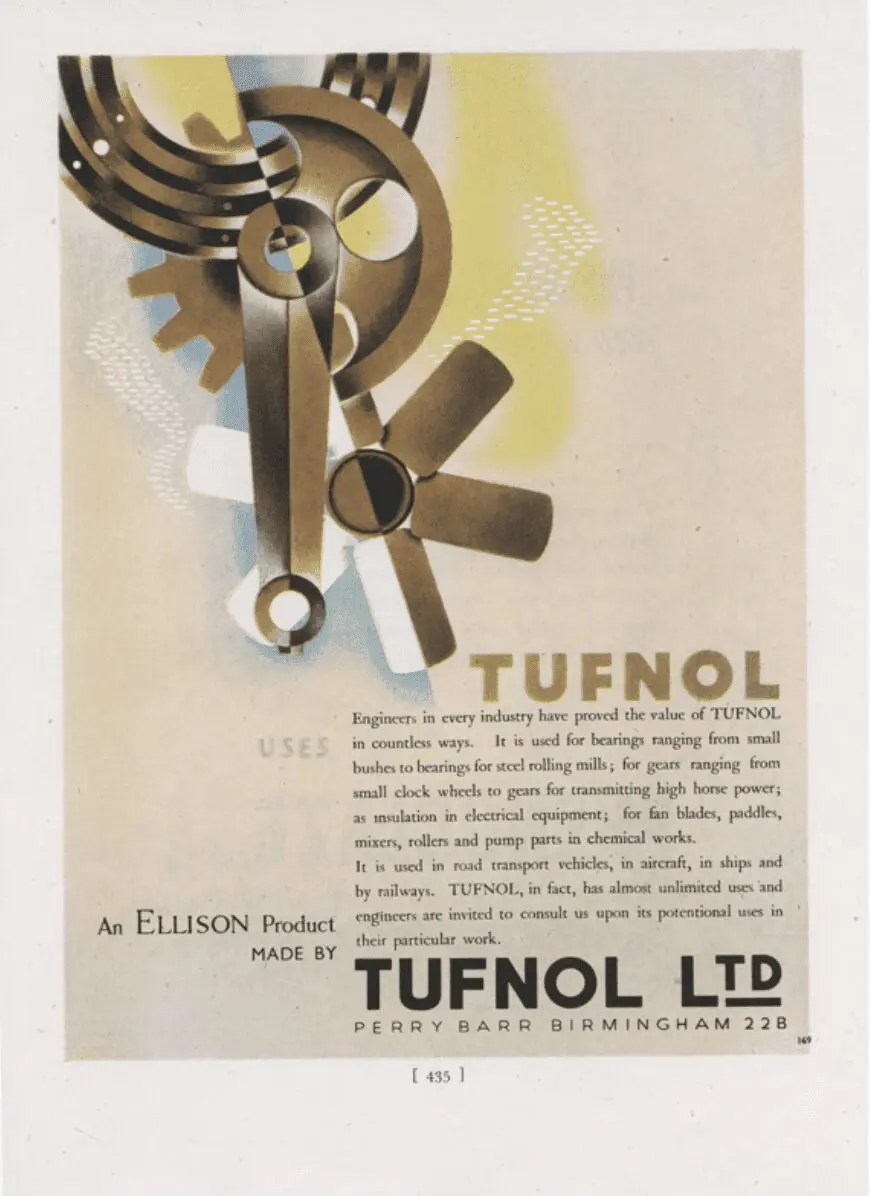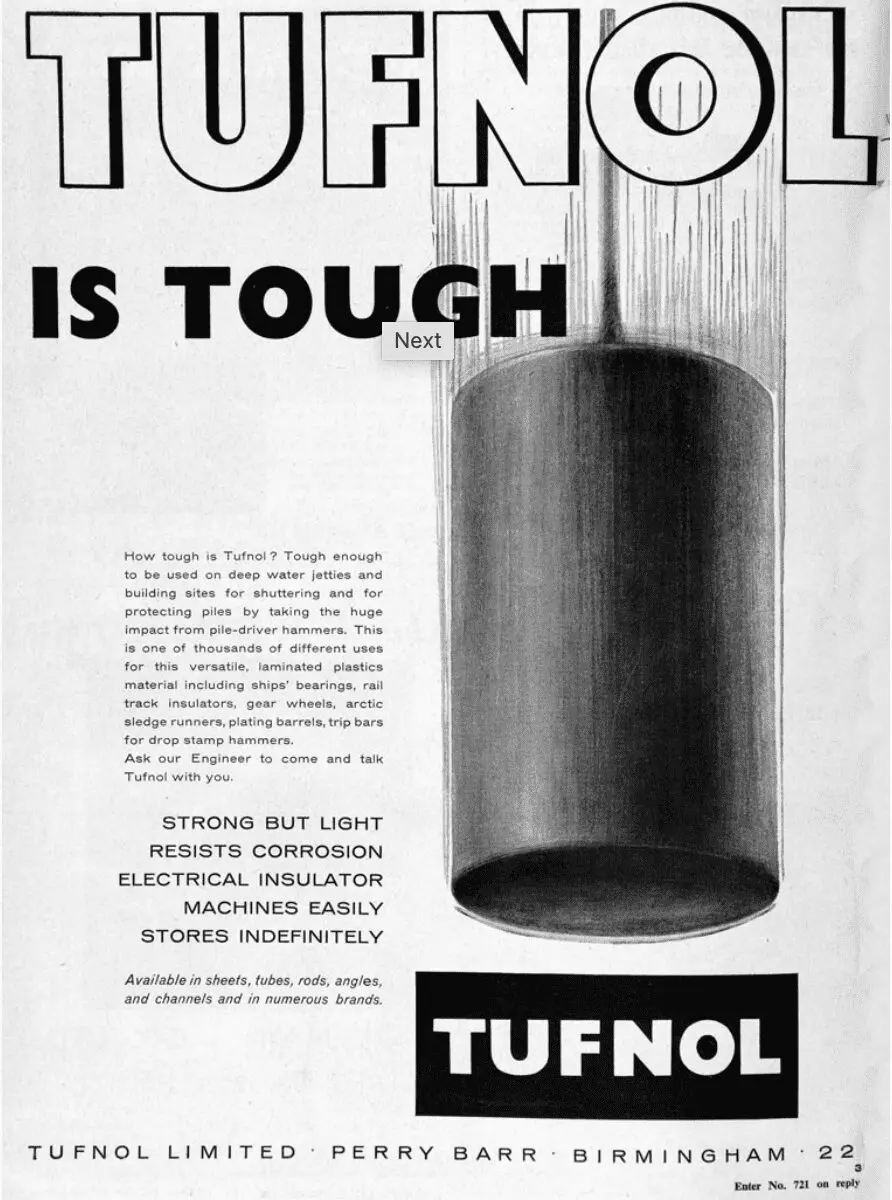Non-Metallic Engineering Materials -
Reliability in the field of engineering
Tufnol is a proprietary brand of non-metallic composite materials used to make engineering components for a wide range of uses.
This type of material is known as ‘synthetic resin bonded laminated composite’, and is made from layers of paper, cotton cloth or woven glass fibre cloth, resin impregnated to produce a high pressure laminate product. It is a strong, hard material, made in a number of different grades with varying properties and uses.
Tufnol’s reliability is key to the many sectors of engineering industry in which it serves. Its influential status is based on criteria such as:
UK Based
Manufactured at the Diamorph Centre of Excellence in Gloucester, UK
Wide Variety
Comprehensive machining of materials for a wide range of customers
Support
Technical advice and assistance
Top quality
Quality systems ensuring full traceability
Working with you
Sales engineers working direct with customers to discuss their needs and support
Progression
A progressive ethos of continuous research and development
The Diamorph Group
Tufnol is part of the Diamorph Group Composite and Polymers Materials business unit.
The Diamorph Group consists of brands that are well known for their material science innovation and proven performance in arduous real-life situations, as well as in-house manufacturing and R&D.
The Diamorph Group engages in development, manufacturing and sales of high-performance products:
- Composite and Polymer Materials
- High Temperature Solutions
- Passive Fire Protection
Diamorph actively seeks deep niches in larger markets where we can use our advanced materials knowledge, technological innovations and science to create differentiated products with extreme performance. The company operates globally with more than 61% of its revenue outside the UK & Ireland.
Diamorph serves customers worldwide, with sales offices across Europe, North America & Australasia.
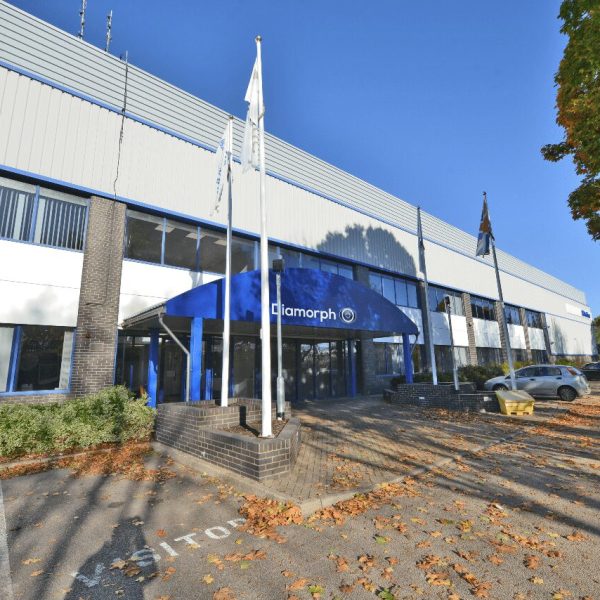
The development of Tufnol laminates
Originally used for switchgear, new ideas for its use proliferated and it came to be used for thousands of applications throughout industry replacing metals like cast iron, steel, brass and bronze in the mechanical engineering industry.
During the second world war, the factory in Birmingham was key to producing a multitude of components for the war effort, including in the ‘Bombe’ equipment used at Bletchley Park to help decode messages from the German ‘Enigma’ machine.
Work done by the Tufnol Research and Development team set up in the 1960s has provided the basis for the modern, high performance Tufnol range available today.
A new material made from polyimide resin that can survive exposure for long periods to very high temperatures was developed, creating another world-beating grade which effectively pushed out the leading edge of applications for which engineering composites could be used.
The importance of the properties of the many Tufnol resin materials and laminates has ensured their acceptance in a multitude of demanding applications in the aerospace, marine, mining, railway, electrical, offshore and construction engineering sectors.
(Abridged from “A History of Tufnol” by R. Godwin.)
History
Tufnol’s focus on quality and performance has helped to build confidence in a multitude of engineering sectors in relation to non-metallic composite materials and has contributed significantly to the wonderful achievements in engineering and technology from which the world benefits today.
Since our inception in the 1920s we have prioritised the development and production of new materials, created special materials for specific purposes and generated many for bespoke customer projects.
Tufnol (from the two words, “tough phenol”) was invented by a team employed by George Ellison in the 1920s.
Originally called ‘synthetic resin bonded paper’ or SRBP, it was created from layers of high quality kraft paper bonded together under high pressure with phenol formaldehyde resin.
It was hard, strong and easily machinable.
Health and Safety
It is the policy of Tufnol Composites Ltd to comply with the Health and Safety at Work Act, 1974, the Environmental Protection Act, 1990 and all other relevant regulations and legislation.
Tufnol products are generally not hazardous in normal use and comply with all relevant health and safety regulations.
Health & Safety Data Sheets
A range of health and safety data sheets for the products detailed on this website are available from Tufnol Composites Ltd. Please let us know for which product or Tufnol grade you need information, and we will forward the appropriate information sheet. Alternatively you can download them from here.
Using Tufnol products
By their nature, Tufnol products are used for a very wide range of different purposes. They are not made for any particular use and no warranty is given, express or implied, that they will be suitable for any particular use. Users of these products should make their own determination and satisfy themselves that the products supplied by Tufnol Composites Ltd are suitable for the intended purpose and are used in a manner which complies with all relevant environmental and health & safety regulations.

